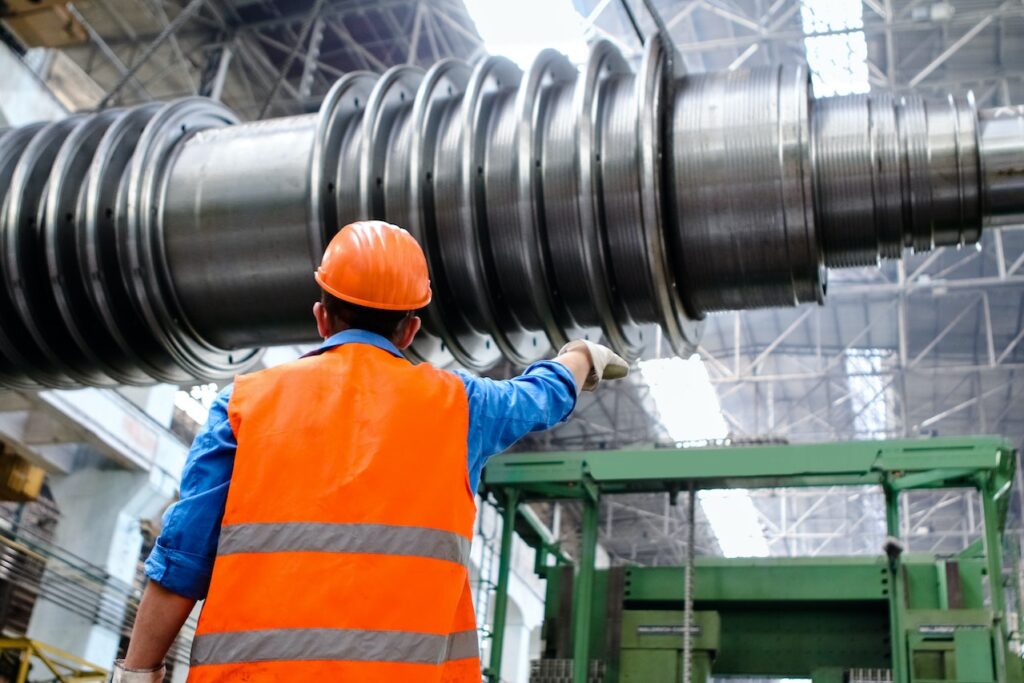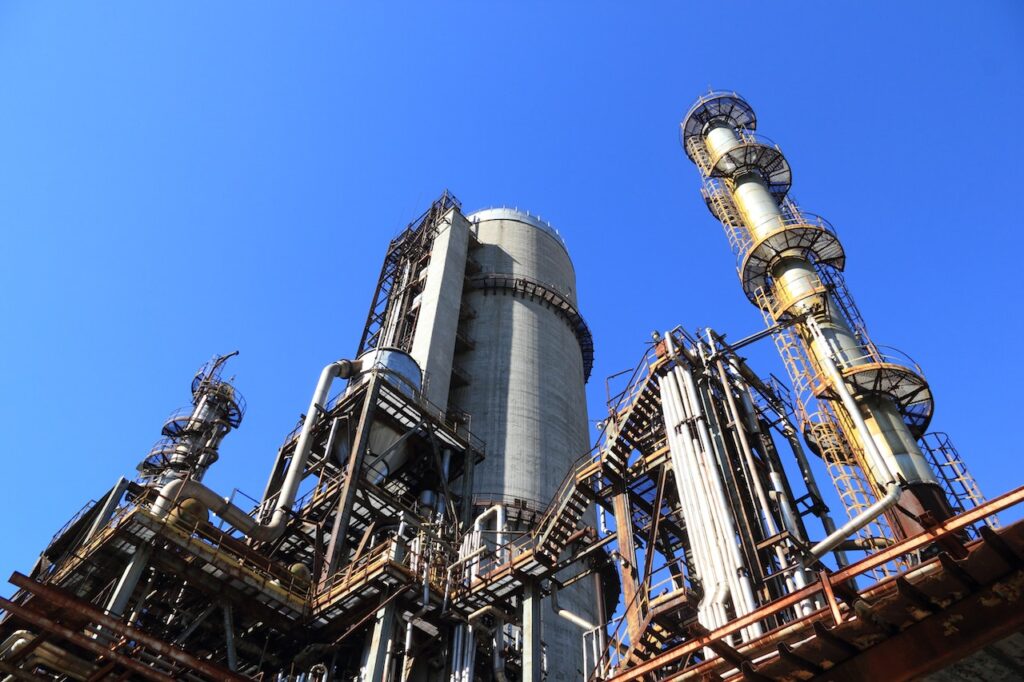Factory Evaluation
A factory evaluation typically involves an assessment of the manufacturing facility to determine its compliance with safety regulations, environmental standards, and production efficiency.
The following are some of the factors that may be considered during a factory evaluation:
- Safety: The evaluation may look at the safety protocols in place, including the use of protective equipment, adherence to OSHA regulations, and fire safety measures.
- Environmental Impact: The evaluation may assess the factory’s impact on the environment, including its waste management practices, air and water pollution control measures, and compliance with environmental regulations.
- Production Efficiency: The evaluation may analyze the production process to identify inefficiencies, bottlenecks, and areas where improvements can be made to increase productivity.


4. Quality Control: The evaluation may examine the quality control procedures in place to ensure that the products manufactured meet the required standards.
5. Supply Chain Management: The evaluation may assess the factory’s supply chain management practices, including procurement, inventory management, and logistics.
6. Labor Practices: The evaluation may investigate the factory’s labor practices, including working conditions, wages, and compliance with labor laws and regulations.
Overall, a factory evaluation is a comprehensive assessment of a manufacturing facility that aims to identify areas for improvement and ensure compliance with regulations and standards.
